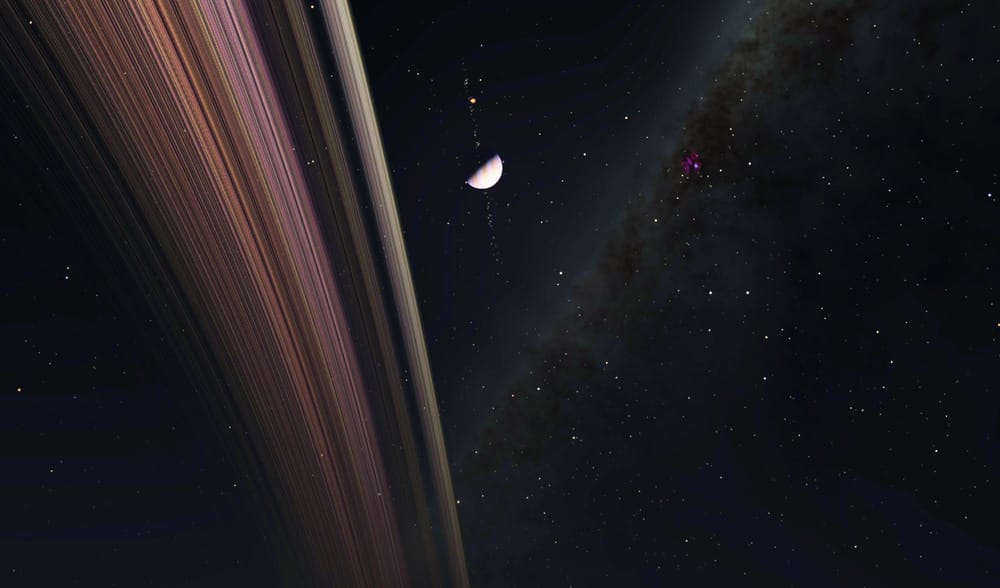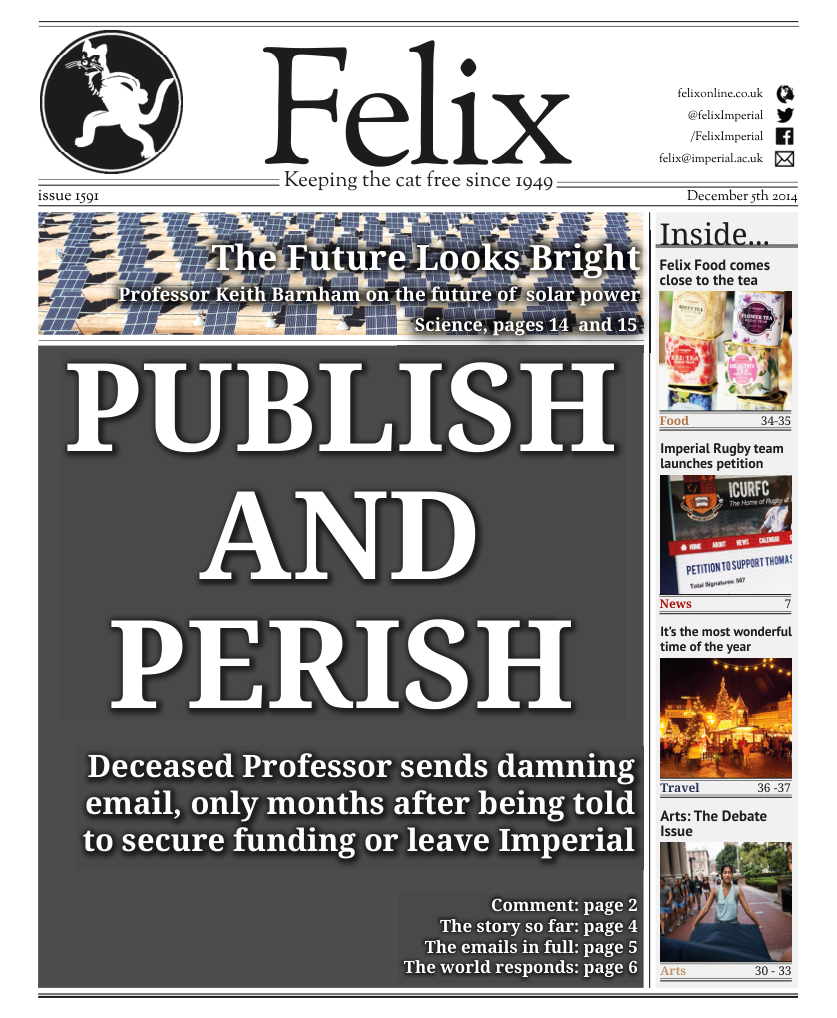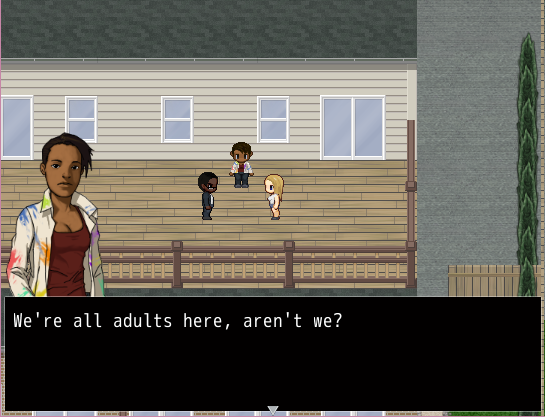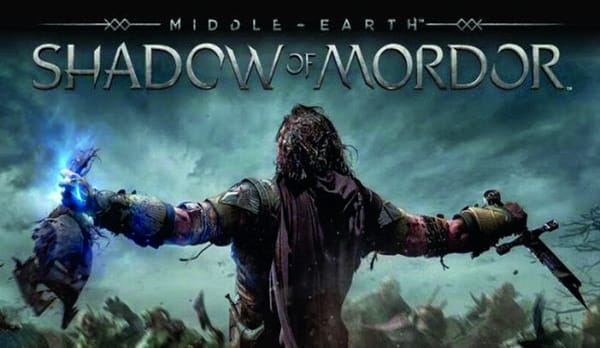The Observable Universe on your Desk
James Dutton doing a PSA for all you star gazers out there

Have you ever wondered if there is a program that can simulate the whole observable universe (and even beyond)? Well, step forward Space Engine. It has been in the works since 2005 and is the beautiful and complex brainchild of Russian astronomer and programmer Vladimir Romanyuk.
The concept of the software is that you can go to wherever you want in space and explore planets, moons, stars, nebulae, other galaxies and more without the need for the most expensive astronomical imaging equipment. All observed astronomical objects are implemented; even the most recently discovered distant stars and exoplanets. But it doesn’t stop there. Instead of an invisible wall ultimately set by the limitations of our current technology, it randomly generates objects meaning that there are literally billions of galaxies to be explored; each containing trillions of star systems and thus even more planets and moons.
However, Space Engine isn’t just about objects just whizzing about in space. You can travel at any speed through space and time. This means, for example, you can watch the sunrise (or lack thereof) at any point on any planet. Each body has its own in-game wiki telling you almost everything you need about it. Using this data it can then simulate whether the planet (or moon) is suitable for life, be it organic or some unknown exotic variety. This is the most enjoyable aspect of the software for me; you can click on any star in the sky, fly over to it in seconds and explore its planets. It tells you whether these planets harbour life – from simple floaters on gas giants to complex multicellular beings on some unlikely candidate hosts. You can then go and see what the planet looks like on the surface. Some are deserts, some are ocean planets and some are rocky and very earth-like. It is just fascinating to potter around these unique environments and see what life could be like elsewhere.
On the subject of uniqueness, despite looking through hundreds of planets so far I have not found two that look the same. Most planets are gas giants of course, but even they come in different colours and in different sizes. I’ve seen Earth-like bodies with beautiful pink clouds, some with many, many moons and even a moon harbouring life with a Saturn-like ring system (see picture). Even though the absolute majority of these systems are just randomly generated simulations, there is something very satisfying about just browsing star systems and finding your own relic of a planet – something someone hasn’t found before.
This is just the tip of the iceberg of the capabilities of Space Engine. Being free to move in time means one can observe the configuration of star systems at any point. This is fortuitously very useful to me in my masters project this year. Whilst observing the magnetic field around Saturn, it has proved very useful to know where its moons are relative to the Cassini probe which is doing the measuring. This software allows me to type in the desired time and it will instantly depict what the universe looked like at that point to the nearest hundredth of a second.
I would go as far to say that Space Engine is probably the best piece of software that you’ve probably not heard of. Although technically not a game, I still think that this would appeal to most people (especially Imperial students!). It is in beta stage right now and is thus free to download from en.spaceengine.org. If you enjoy it and want to help it carry on there is a link to donate.
If you’re computer has a semi-decent graphics card (or failing that it is possible to install on university computers… I checked), download Space Engine now and lose yourself in the universe which we call home.









